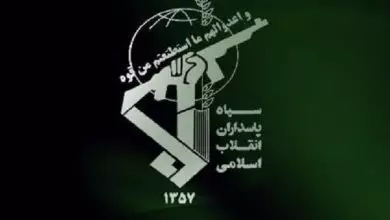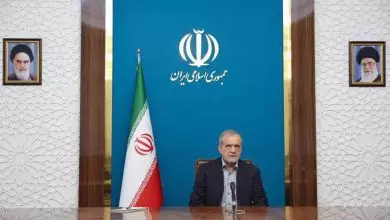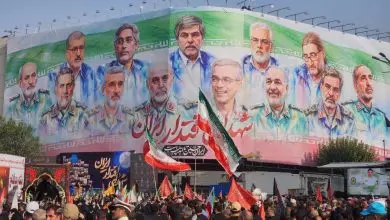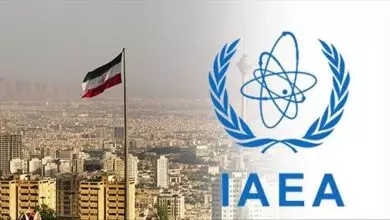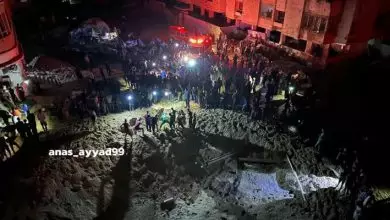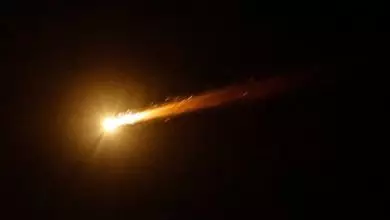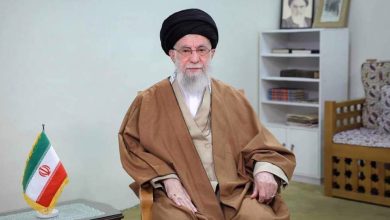Lebanon PM says ‘israel’ dismissed attempts aimed at establishing a ceasefire
Lebanese Prime Minister Najib Mikati announced that zionist Prime Minister Benjamin Netanyahu has turned down Lebanon's proposal for a ceasefire.
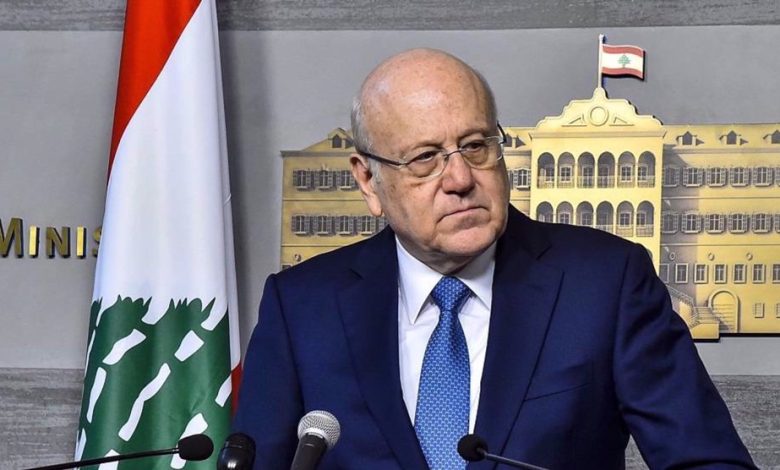
Lebanese Prime Minister Najib Mikati has denounced the Israeli airstrikes that targeted the southern suburbs of Beirut on Friday, resulting in the deaths of at least 52 Lebanese citizens and leaving 72 others injured.
According to Lebanon’s official National News Agency (NNA), the raids caused extensive devastation in the targeted regions, with numerous buildings being completely destroyed.
Prime Minister Najib Mikati stated that the continued bombardment of Beirut’s southern suburbs and attacks on other regions indicate the Israeli forces’ dismissal of ongoing initiatives aimed at achieving a ceasefire.
In a recent interview with Asharq Al-Awsat, Lebanon’s Parliament Speaker, Nabih Berri, disclosed on Friday that Israeli Prime Minister Benjamin Netanyahu has declined Lebanon’s proposed roadmap, which had been previously approved in discussions with U.S. envoys Amos Hochstein and Brett McGurk.
Berri announced that diplomatic initiatives aimed at halting Israeli military actions in Lebanon have been delayed until the conclusion of the US presidential election.
A Lebanese political figure has stated that Israel’s ongoing assaults and threats compelling the evacuation of entire municipalities and villages indicate that the Israeli government is not seeking a ceasefire with Lebanon. Instead, it appears committed to a strategy marked by violence and devastation.
Berri has urged the international community to fulfill its historic and moral duties by taking action to halt Israel’s offensive against Lebanon.
During discussions on Thursday, Israeli Prime Minister Benjamin Netanyahu informed U.S. Envoy Amos Hochstein and Brett McGurk that any potential ceasefire agreement with Hezbollah must ensure what he described as the enduring security of Israel.
A proposed plan, facilitated by the United States, is reportedly being evaluated, which would involve Hezbollah retreating 30 kilometers (approximately 20 miles) from the border, beyond the Litani River. In exchange, Israeli forces would withdraw, while the Lebanese army would take over border patrol duties in conjunction with UN peacekeepers.
Israel has conducted a series of aggressive military operations across Lebanon following its intensified conflict with the Gaza Strip. These actions are part of an ongoing escalation involving significant violence and have raised international concerns about regional stability and humanitarian impact.
According to data released by Lebanon’s health ministry, Israeli offensives since the beginning of October 2023 have resulted in the deaths of at least 2,865 individuals, while injuring 13,047 others.
In late September, Hezbollah’s leader Sayyed Hassan Nasrallah was reportedly killed in a strike in southern Beirut, attributed to regime forces, according to sources within the Lebanese resistance movement.
Hezbollah has escalated its counterattacks on Israeli targets, pledging to sustain its efforts in support of Gaza and Palestine, while also defending Lebanon.
The Lebanese resistance movement has pledged to maintain its military actions against Israel in response to what they describe as an ongoing campaign of genocide in Gaza. This conflict has resulted in the deaths of over 43,000 Palestinians, the majority of whom are reported to be women and children.

